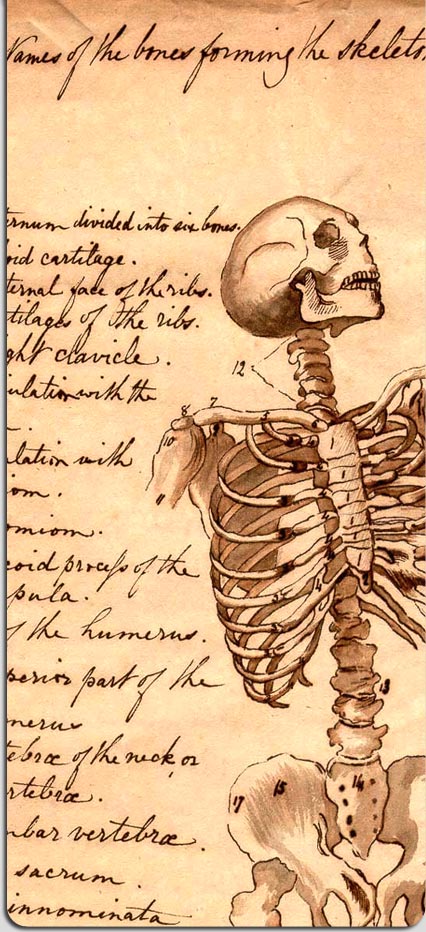How To Hold Back Tears
Joey is twelve. No, wait, fifteen. His face is twelve. His neck, scarred from pepper spray, is a bitter eighteen. His abdomen, with a line from a stab wound, is a harsh twenty-five. I guess it averages out. Okay then, fifteen it is.
Joey is the third minor I see by myself today at a well-child checkup in Fremont; his parents are working. I’m starting to get the hang of it–medical history is quick, social history is long and involved. Tells me his grandmother had just passed away and his one-year old daughter–yes, daughter–was sick in the hospital with pneumonia. (I double-check his age, yes, he’s 15.)
Up until this point, most of the other teens I’ve seen have tried to play it cool, or curse a lot, or are in good moods. They like to think they’re adults, but I still talk to them like they’re teenagers. Not condescending, but just not… adult. But Joey’s just lost a family member. “I’m so sorry to hear that” is my automated response. Not that I don’t care enough for spontaneity. That’s just what I’ve found as the easiest, non-judgmental, non-assuming thing to say whenever someone says someone is dead or has died. That, and some silence. Respect for the dead.
I find out Joey’s sister has diabetes, and Joey has a cough. He smokes cigarettes. We discuss coughing and cigarettes, and the irony. I smile, he smiles. He uses marijuana infrequently. He doesn’t drink alcohol.
Joey is sexually active, with his “lady.” He doesn’t use condoms. He doesn’t like they way they feel. His lady uses birth control. His “ex-lady” and him had a daughter.
Joey gets quiet. He tells me his daughter, the one with pneumonia, died yesterday.
He starts to cry.
I want to, too.
I’m speechless. The automated reply doesn’t fit. Only silence will do. I glance back at his age; he’s lost a child. He’s a parent who’s lost his one-year old daughter. I feel sick in my skin. I apologize profusely, painting him with empathetic words, trying to remain calm while my eyes water briefly.
We talk a little bit about it after he grabs a tissue–she had had a pneumonia because his “ex-lady” didn’t know how to take care of a baby (he does, he raised his three younger brothers). His daughter had had the infection for two weeks, and went into the hospital after it was just too late. I’m still in this shocked state of disbelief. We talk some more, and I try to let him know that we can talk about this as much or as little as he wants, and that there are lots of people who can talk with him and help him, too. I tell him that I find talking about difficult things helps me sort through it all in my head.
The rest of the talk goes on its way; I fumble two or three times, awkwardly trying to figure out how to continue the exam respectfully. He was beaten up by his stepdad when he was 7; he educates me about the two different gangs he has been in. He tells me that they have the right to take his life at any time because he left them.
I talk with him more than I usually do with the other teens. I go into more depth about what he wants to do in a few years. I educate him about the heart and the lungs and the thyroid gland. I have some foolish wish that an extra 4 minutes talking about hyper and hypothyroidism and diarreha versus constipation will magically grab his interest in science and medicine and solve all his problems, heal all his pain. It makes me feel better more than it does him.
Joey is fifteen, but life-wise, he’s eighty. He deals with these catastrophes as best he can. As best any fifteen year-old can. He tries to be tough. I can’t help but wonder if he thinks that this is just his lot in life–how his life (or anyone’s, for that matter) is supposed to be–or if he really knows how much adversity and despair he’s already experienced.
I sigh. I think it’s the former.
